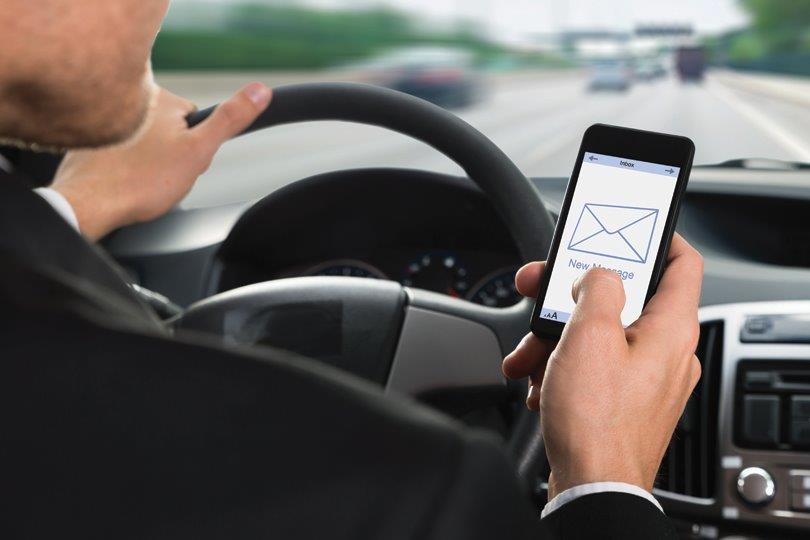By Jessica Domel
Multimedia Editor
Texans, it’s time to stop typing behind the wheel. Beginning Sept. 1, drivers using a mobile device while a vehicle is in motion will be subject to fines up to $100.
Legislation making texting while driving a misdemeanor passed the Texas House and Senate during the regular session. It was the fourth session in a row Rep. Tom Craddick of Midland introduced the bill and pushed for its passage.
“I think the main thing is the safety that can be incurred because of this bill and saving of lives,” Craddick said in an interview on the Texas Farm Bureau (TFB) Radio Network. “An A&M study shows that 90 lives a year will be saved by this law.”
The bill, dubbed the Alex Brown Memorial Act, was signed into law by Governor Greg Abbott June 6. It was named for a 17-year-old high school student who died in a car wreck while texting.
“I think a lot of people are having incidents where they’re being involved in texting and driving,” Craddick said. “If you drive down the street in the morning, you’re going to your office, you’re going to the store or whatever, you can see people texting. They’re weaving. They’re not moving at stop lights when it turns green, and we’re having a lot of deaths because of it and a lot of property damage.”
Craddick’s bill passed the legislature in the first session it was introduced, he said, but it was vetoed by then-Governor Rick Perry. Perry said at the time the bill could take away individual rights.
“I think it’s yours and my right to know that we have safety when we drive out of our driveway,” Craddick said. “Unfortunately, the bus accident that happened during this session was a big factor. It brought to light for people not only in our state, but all across the country, the need to do away with texting while driving.”
Under the new law, drivers are not allowed to read, write or send an electronic message while operating a vehicle that is moving. Texting, posting to social media, reading messages and using phone applications like WhatsApp are against the law.
Using a hands-free device, like Bluetooth, is encouraged and allowed. Drivers may still navigate with their phone’s GPS, play music, call 9-1-1, use the Waze app to report traffic or navigate and report illegal activity.
If a driver feels there’s an emergency, he/she is still allowed to read an electronic message regarding the emergency.
Taxi drivers and garbage truck drivers may still use a phone affixed to the vehicle to relay work data to dispatch.
Violations of the new law are a misdemeanor punishable by a fine from $25-$99 for the first offense.
“Statistics show that 95 percent of people obey a law, and they may not do something that they’re just saying, ‘Well, it’s dangerous.’ Once it becomes a law, 95 percent of the people in the state of Texas obey that law,” Craddick said. “I think it’s going to be a huge factor for the state.”
The law applies statewide, but whether stricter local rules remain in place will be decided by the Texas Legislature during its special session.
Forty-five Texas cities have hands-free only ordinances in place that require a hands-free device for any phone use.
One of Abbott’s special session priorities is a preemption, SB 15, that would do away with those stricter local laws.
Craddick believes the preemption would weaken mobile usage laws across the state and the issue should be left up to local government.
Another option would allow the 45 cities with stricter laws to be grandfathered in so their restrictions may stay in place, but additional cities may not impose similar rulings.
The special session started July 18. SB 15 was approved by the Senate Business and Commerce Committee Saturday in a 7-2 vote.
Follow Texas Farm Bureau’s weekly Austin Newsletter for up-to-date information from the session.

